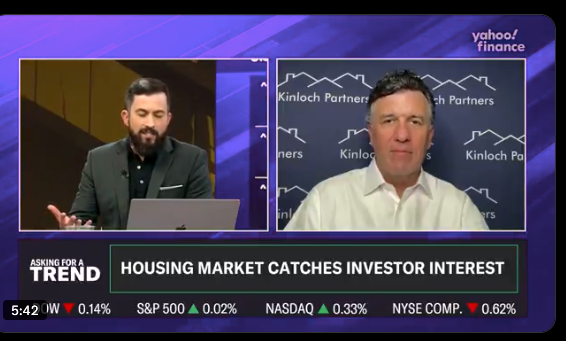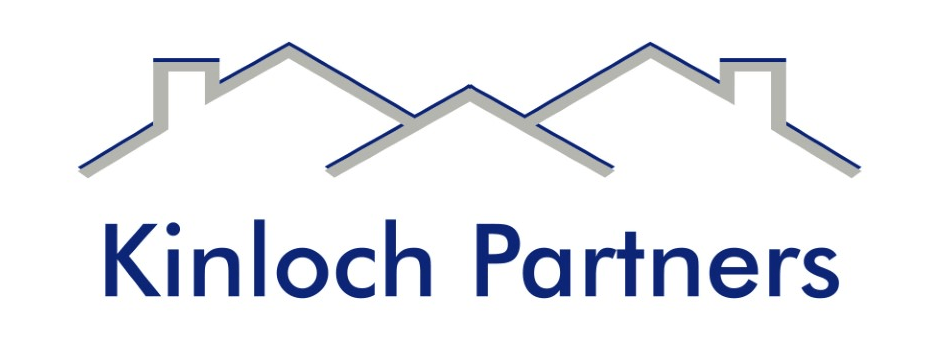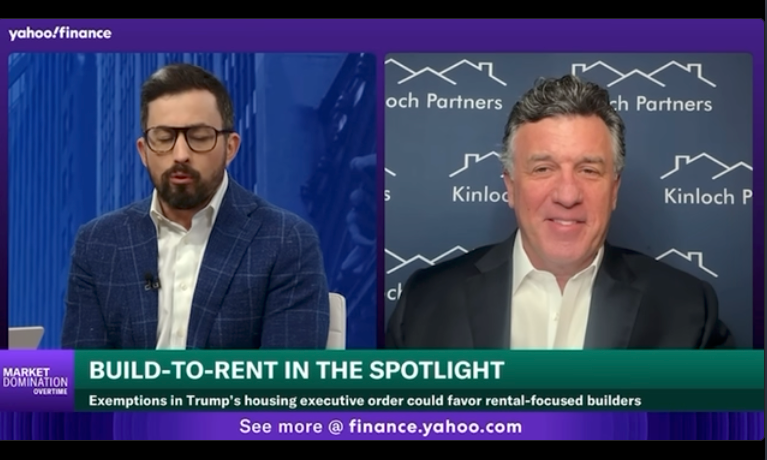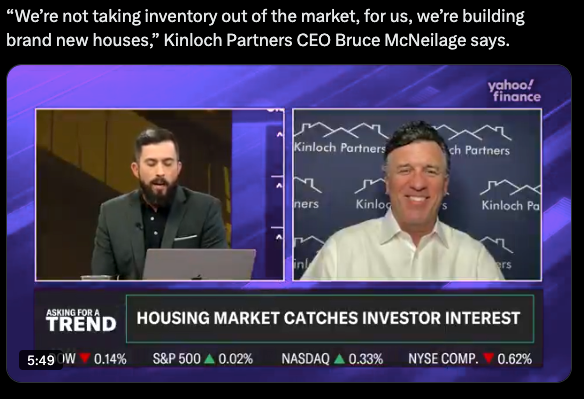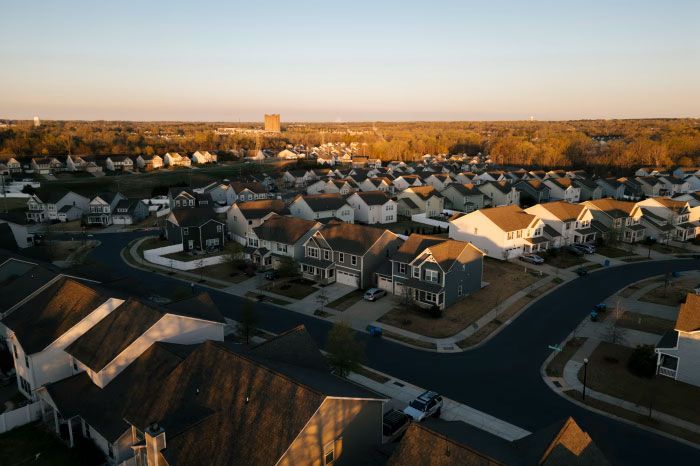Dallas area is a top market for new rental home communities
Demand for housing is fueling a boom in building of single-family rental homes in North Texas and across U.S.
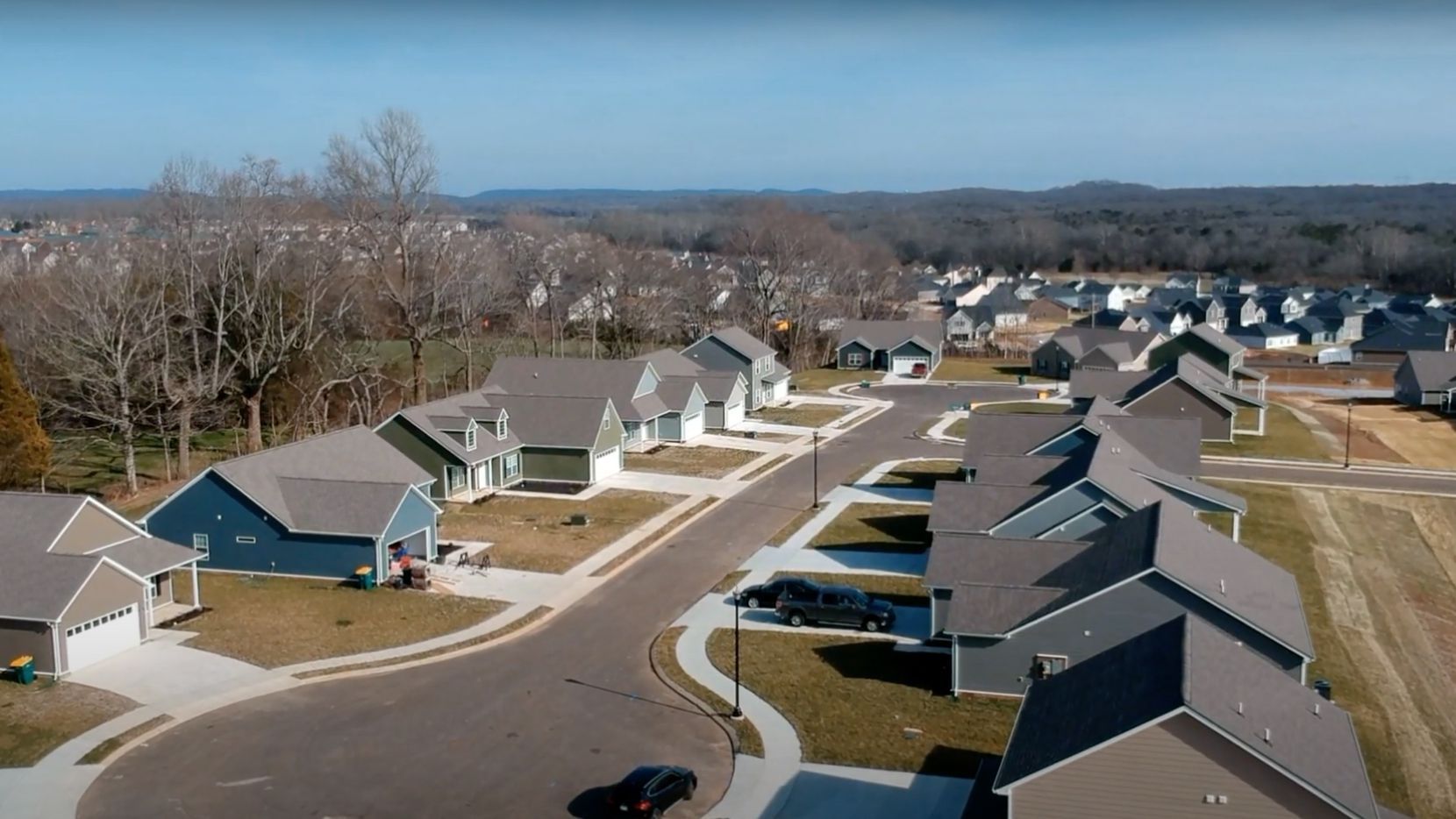
With soaring property prices putting homeownership out of the reach of many North Texas residents, demand for rental homes is growing. And dozens of builders and investors are gearing up to develop whole communities of houses to rent.
Several builders have recently announced plans to construct rental house communities in the Dallas-Fort Worth area.
The Dallas area is one of the top U.S. markets for rent home construction, according to a new survey by Yardi Systems Inc. Dallas ranks fifth in the country with more than 550 rental houses under construction. Houston is the second-busiest rent home building market with more than 1,000 rental homes under construction.
Currently, there are more than 12,000 rental single-family homes being built in the U.S.
“The potential for growth has prompted many institutional players to jump into the niche, with more than $10 billion allocated to the sector by institutions over the last few years,” analysts at Yardi Systems say in a just-released report. “Some 12% of new single-family construction in 2021 is being done for rentals, according to John Burns Real Estate Consulting.
“With so much capital looking to invest in the sector and the demand for rentals rising, we would expect build-to-rents to increase rapidly for at least the next several years.”
Tennessee-based rental home community company Kinloch Partners just expanded to North Texas with plans to start 500 rental homes in the next 18 months.
The company is acquiring its first construction sites in Royse City northeast of Dallas. The homes will range from 2,000 to 2,500 square feet with rents starting at under $2,000 a month.
“We expect to only build in the Dallas-Fort Worth metropolitan area,” Kinloch Partners CEO Bruce McNeilage said. “We build smaller communities of 40 to 100 houses.”
Major U.S. homebuilders are joining the rush to rental housing.
Arlington-based D.R. Horton is one of the top rent house builders with hundreds of units under construction.
And Arizona-based builder Taylor Morrison Home Corp. recently partnered with rent home company Christopher Todd Communities to build a single-family rental community in Grand Prairie — the first of several the partners plan in the area.
The partnership is also scouting locations to build communities in Arizona, North Carolina and Florida.
Dallas-based developer Provident Realty Advisors recently expanded into the rental home market.
And Arizona-based NexMetro — one of the country’s largest rental home community builders — has constructed multiple projects in North Texas.
With demand for rental homes rising, the costs of single-family rentals are also up. Yardi Systems estimates that average single-family rental prices around the U.S. have grown by more than 24% in the last five years to $1,691.
“The pandemic and work-from-home gave young families motivation to leave urban apartments and seek out housing with more rooms and yards for children,” Yardi said. “Yet many families who wanted to live in suburban housing did not have the savings or desire to be homeowners.”
